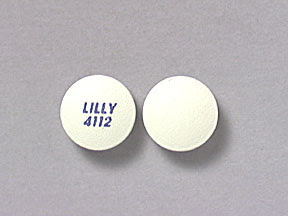
It is essential to note at the outset that suddenly stopping or reducing psychiatric medications can be hazardous. Adjustments in medication are best done under the supervision of a medical professional.
In the early 1990s, a new class of drugs promised to revolutionize the treatment of schizophrenia and other mental disorders. Known as atypical antipsychotics, drugs such as Clozaril, Zyprexa and Risperdal largely replaced older medications such as Thorazine, Haldol and Prolixin. Research and advertising sponsored by the pharmaceutical industry led to the widespread belief that the newer medications were indisputably safer, more effective and well worth additional billions of dollars in taxpayer money. Pharmaceutical profits soared.
Since then, the life expectancy of those treated in community mental health centers has plunged to an appalling 25 years less than average. Life expectancy may have fallen by as much as 15 years since 1986. Indications are that the death rate continues to accelerate in what must be ranked as one of the worst public health disasters in U.S. history.
The toxicity of antipsychotic medications, also known as neuroleptics, is thoroughly documented. Atypical antipsychotics initially seemed less hazardous because they produce fewer movement disorders. We now know that the newer drugs lead to more cardiovascular disease, which is by far the leading killer of those in the public mental health system.
Chuck Areford of Eugene, Oregon is on the Advisory Committee for MindFreedom Lane County, Oregon. He has worked in the public mental health system for the past 25 years.
More here: http://tmap.wordpress.com/
Letters to the editor: rgletters@guardnet.com























No comments:
Post a Comment